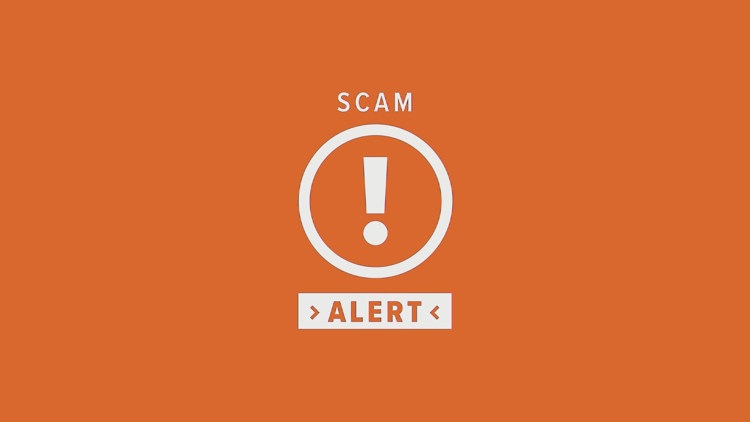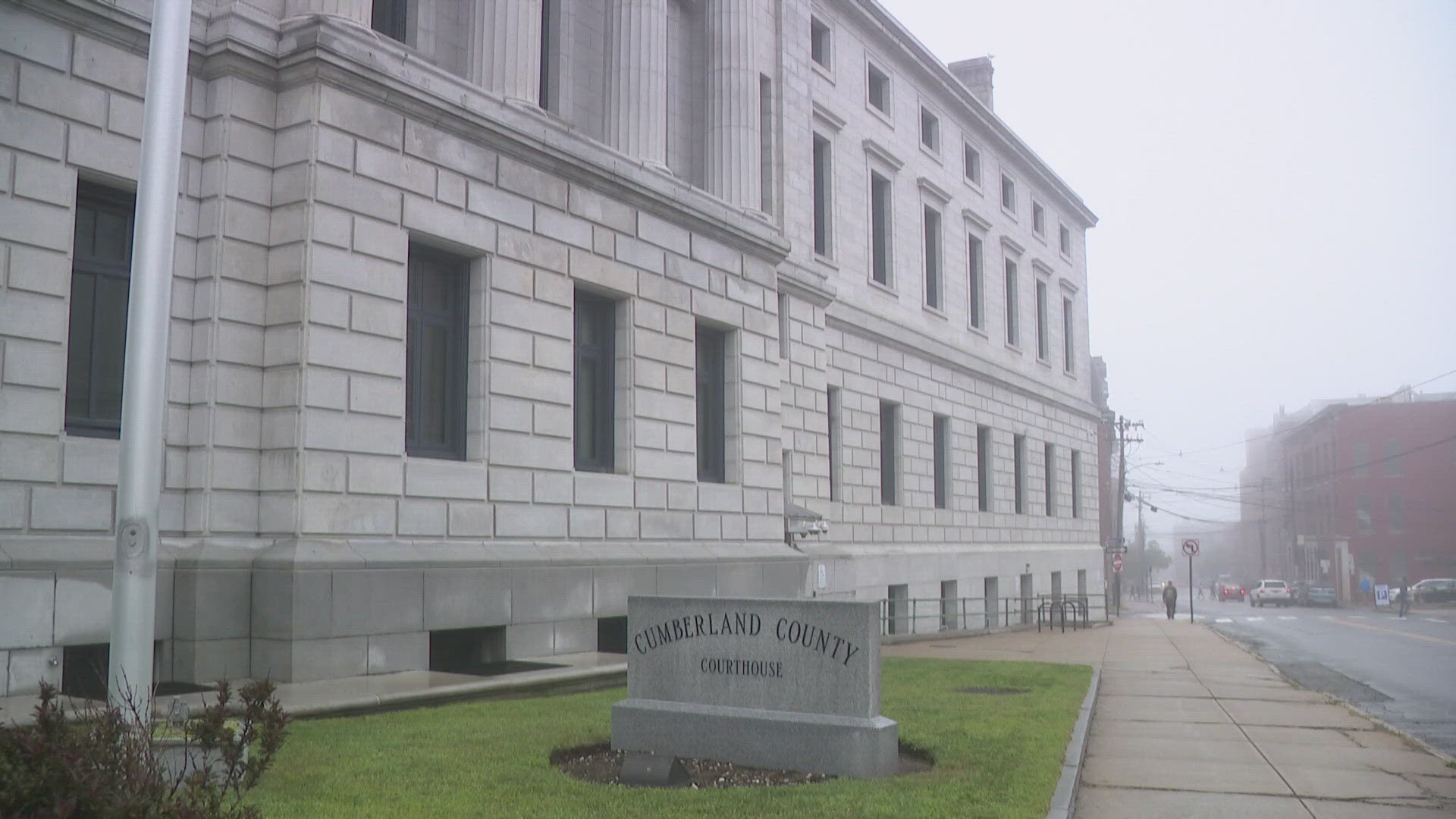HALLOWELL, Maine — The Maine Public Utilities Commission (MPUC) has issued a warning for Maine customers of a potential scam.
Maine utility customers have reported calls from unidentified individuals claiming to represent the commission in an attempt to get banking information, according to a Monday news release from the MPUC.
"The caller reportedly claimed the customers had been overcharged on their last two electric bills and offered to send a rebate check. The caller then asked for the customer’s banking or credit card information so that the money can be refunded," the release stated.
Customers also reported that the caller appeared to be using an auto-dialer because there was a "long pause and then a click at the beginning of the call."
The MPUC said they do not contact utility customers regarding overcharges or rebates unless a customer has filed a complaint with the Consumer Assistance and Safety Division—in which case a representative would follow up on the complaint.
In addition, the MPUC will not ask for banking or credit card information, the release stated.
The Maine Utility Commission has provided some tips to avoid these scams:
- Hang up and call the utility company directly using the number on your bill or the utility company’s website. Avoid using the call-back number provided by the caller, those numbers are often fake. If the message came by text, avoid responding. If your bill says you owe a balance, pay it as you normally would, not as the caller requests.
- Consumers should never give out personal information such as account numbers, Social Security numbers, date of birth, mother's maiden names, passwords, or other identifying information in response to unexpected calls or if they are at all suspicious.
- Consumers should not respond to any questions, especially those that can be answered with "Yes" or "No," if they are unsure whether they are speaking with a utility representative. Consumers should exercise caution if they are being pressured for payment or information immediately.
- Utility companies do not ask for payments via gift cards or cash transfer apps. Gift cards allow scammers to receive money without a trace. Utility companies are required to issue several disconnection warnings before shutting off utilities and will never demand money over the phone or specify a method of payment. The utility will NOT contact a customer to threaten. The utility communicates via letters, bills, emails, and authorized texts.
- Consider using call-blocking tools from your phone provider or mobile apps that block calls. The FCC allows phone companies to block robocalls by default based on reasonable analytics (see fcc.gov/robocalls).
- Do not rely on the number that comes up on your phone. Callers can “spoof” the number to look like a government agency or local utility company. If someone has contacted an individual and they are suspicious, they should hang up and go directly to the official website for the agency or utility company or call the number on their utility bill to confirm whether there is a problem with their account.
If you think you have been the victim of a scam and have questions, you can contact the Commission's Consumer Assistance and Safety Division at 1-800-452-4699.



